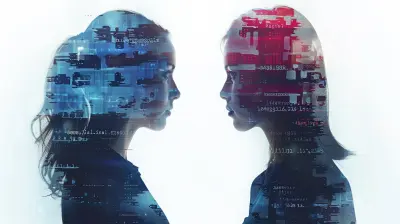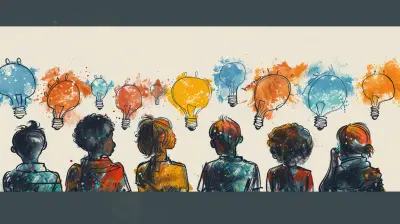Media Literacy in the Age of AI and Automation
20 November 2025
The world is changing at an insane pace. Every day, artificial intelligence (AI) and automation are reshaping how we consume, create, and interpret information. But here's the real question—are we equipped to navigate this digital jungle? That’s where media literacy comes in.
In a world overflowing with deepfakes, AI-generated news, and algorithm-driven content, understanding how information is created, manipulated, and distributed is more critical than ever. So, let’s dive into the ever-evolving landscape of media literacy in the age of AI. 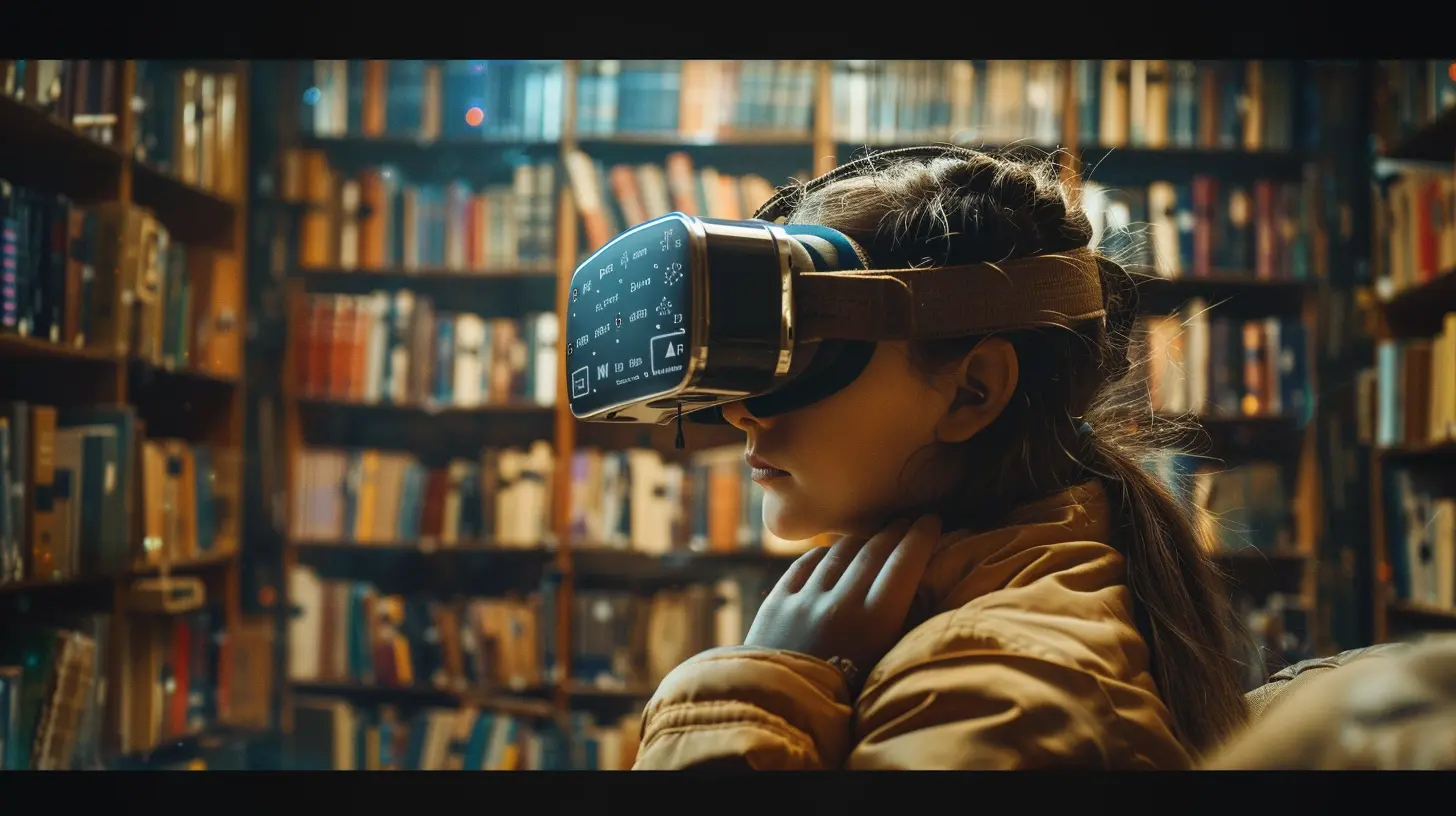
What Is Media Literacy and Why Does It Matter?
Before we go any further, let’s break it down. Media literacy is the ability to critically analyze, evaluate, and interpret media messages. Basically, it’s about distinguishing facts from fiction, recognizing bias, and understanding how digital platforms influence what we see and believe.Now, throw AI into the mix, and things get even trickier. AI can generate news articles, write social media posts, and even create hyper-realistic deepfake videos. Without media literacy, people can fall victim to misinformation at an alarming rate.
If you’re not careful, AI-powered algorithms can manipulate your worldview before you even realize it. So, the question is—how do we navigate this information minefield? 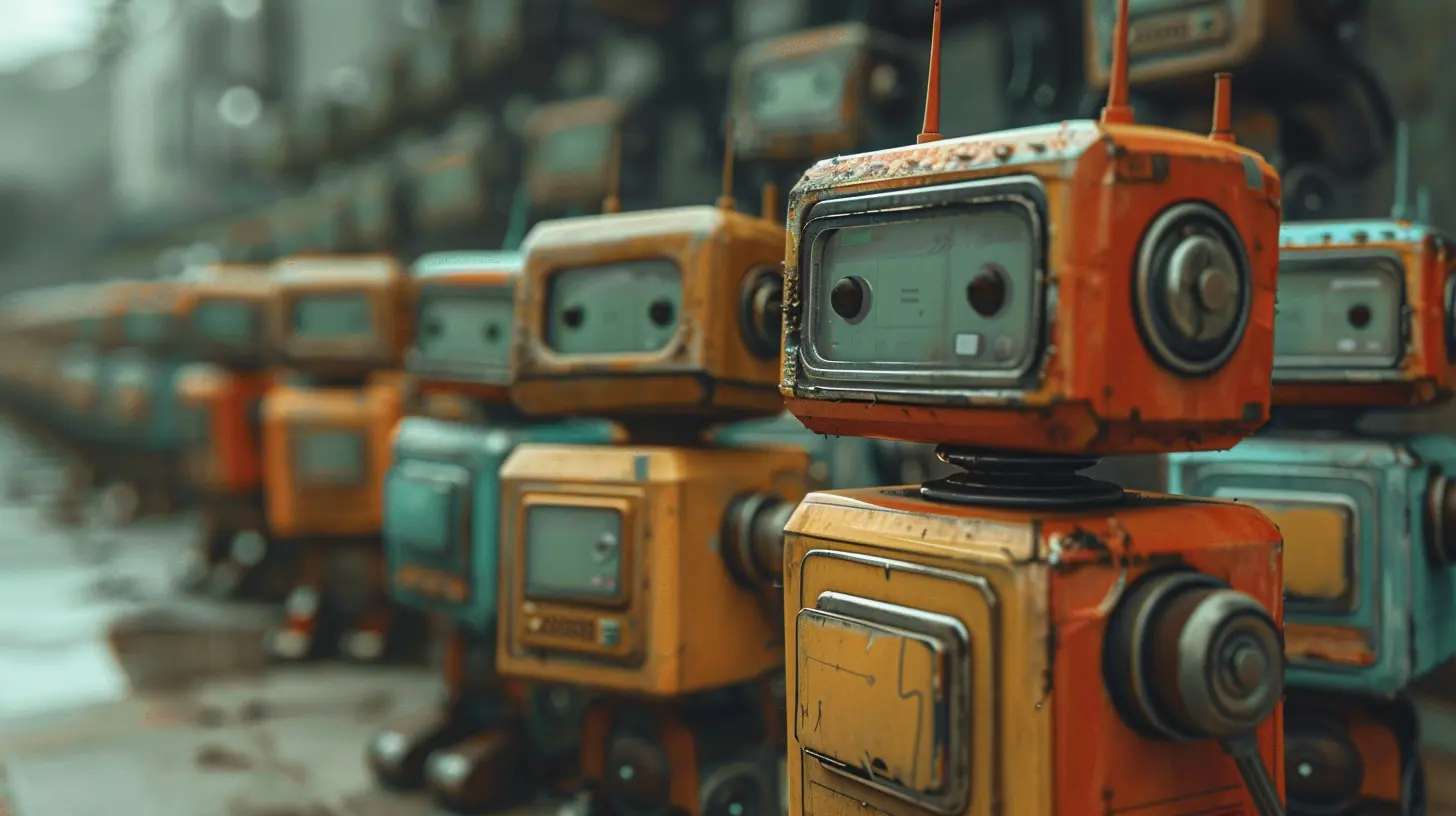
How AI and Automation Are Reshaping Media
AI is no longer some futuristic concept—it’s here, and it’s transforming the way media is created and consumed. Let’s break it down:1. AI-Generated Content
Ever read a news article and thought, “Wow, this sounds robotic”? That’s probably because AI wrote it. AI-powered programs like OpenAI’s GPT-4 and Google's Gemini can churn out articles, blogs, and reports within seconds.While this is super efficient, it comes with a major downside—AI content isn’t always accurate. It lacks human intuition, often misinterprets context, and sometimes fabricates information (ever heard of AI hallucinations?).
2. Deepfakes and Fake News
AI-generated deepfake videos are becoming disturbingly realistic. Imagine scrolling through social media and seeing a video of a politician saying something outrageous—only to discover it's completely fake.These deepfakes can fuel misinformation, sway public opinion, and even threaten democracy. Without strong media literacy skills, people are more likely to believe and share fake news, intensifying the spread of disinformation.
3. Algorithm-Driven Echo Chambers
Social media platforms use AI-driven algorithms to curate your feed based on your past interactions. Sounds harmless, right? Not exactly.These algorithms create echo chambers, where you’re constantly exposed to information that aligns with your existing beliefs. This reinforces biases, making it harder to see the bigger picture or consider opposing viewpoints.
That’s why media literacy is so crucial—it helps you recognize these biases and break free from the algorithmic bubble. 
The Dark Side of AI-Generated News & Propaganda
AI isn't biased—it reflects the biases of the people who create and train it. If the data AI is trained on is flawed or biased, AI-generated content will be too.Worse, bad actors can deliberately use AI to manipulate public opinion. Think about fake news websites pumping out AI-generated propaganda before an election. Scary, right?
This isn’t some dystopian sci-fi movie. It’s already happening. Governments, corporations, and even small groups can use AI to spread false narratives, making media literacy the survival skill of the digital world.
So, how do we fight back? 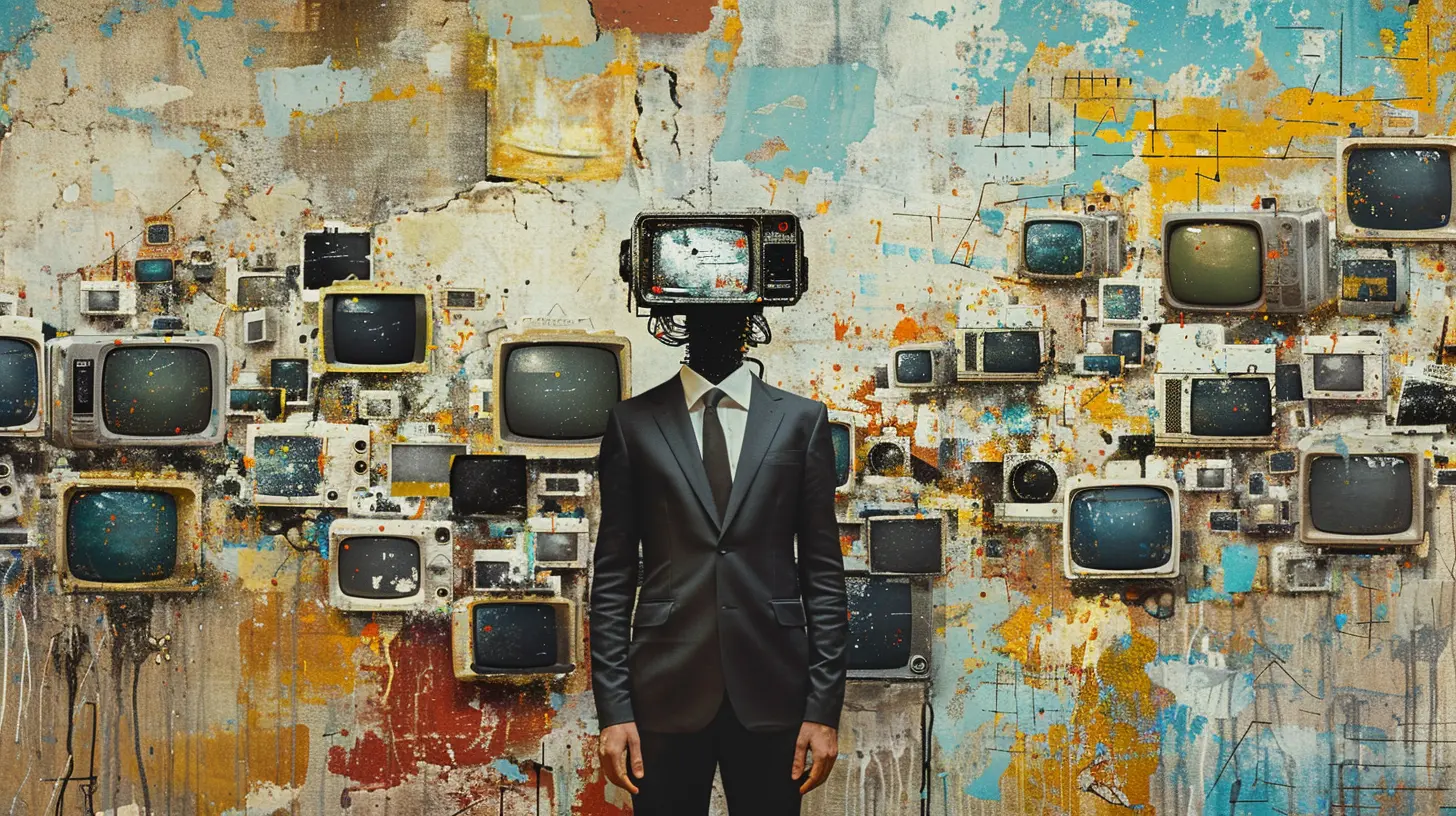
How to Strengthen Your Media Literacy Skills in the AI Era
Now that we know what we’re up against, let’s talk about solutions. Here’s how you can sharpen your media literacy skills and avoid falling for AI-driven misinformation.1. Question Everything
The internet is full of half-truths and outright lies. Don’t take everything at face value—question the source, check the author’s credibility, and verify facts from multiple reliable sources.2. Spot Deepfakes Like a Pro
Deepfakes can be hard to detect, but there are red flags:- Weird blinking: AI struggles with natural eye movement.
- Odd facial expressions: If something feels off, trust your gut.
- Mismatch in audio and lip movements: Watch closely for inconsistencies.
3. Diversify Your News Sources
Break out of your echo chamber by consuming news from different perspectives. Read articles from both liberal and conservative sources, international outlets, and fact-checking organizations like Snopes or FactCheck.org.4. Recognize Clickbait and Misinformation
If a headline sounds too shocking or outrageous, it’s probably bait. Sensationalized news is designed to provoke emotional reactions, making you more likely to share before thinking critically.5. Understand How Algorithms Shape Your Reality
Social media platforms track your activity and show you content they think you’ll engage with. Stay mindful of this, and actively seek out diverse viewpoints instead of letting an algorithm control your worldview.Teaching Media Literacy: The Role of Schools and Educators
Media literacy shouldn’t be an afterthought—it should be a core part of education. Schools need to start teaching students how to critically engage with digital content, not just consume it blindly.Educators can help by:
- Introducing fact-checking exercises in classrooms.
- Teaching students how to identify credible sources.
- Discussing AI-generated content and its limitations.
- Encouraging digital skepticism without falling into cynicism.
If we don’t prepare the next generation for the challenges of AI-powered media, we'll be raising a society vulnerable to misinformation.
Final Thoughts: Media Literacy Is No Longer Optional
The digital world is evolving faster than ever, and AI is rewriting the rules of media consumption. If we don’t adapt, we risk being manipulated, misinformed, and misled.But here’s the good news—media literacy is the ultimate weapon against digital deception. By questioning sources, recognizing AI-generated misinformation, and stepping outside algorithm-driven echo chambers, we can take back control of our information diet.
So, the next time you scroll through your feed, ask yourself: Is this real, or is AI pulling the strings? Your critical thinking skills might just save you from falling for the next big hoax.
all images in this post were generated using AI tools
Category:
Media LiteracyAuthor:

Madeleine Newton
Discussion
rate this article
1 comments
Felix Stone
Essential skills for navigating today's information landscape.
November 22, 2025 at 4:22 AM

Madeleine Newton
Absolutely! In today's digital age, critical thinking, skepticism, and digital literacy are vital for discerning credible information.
